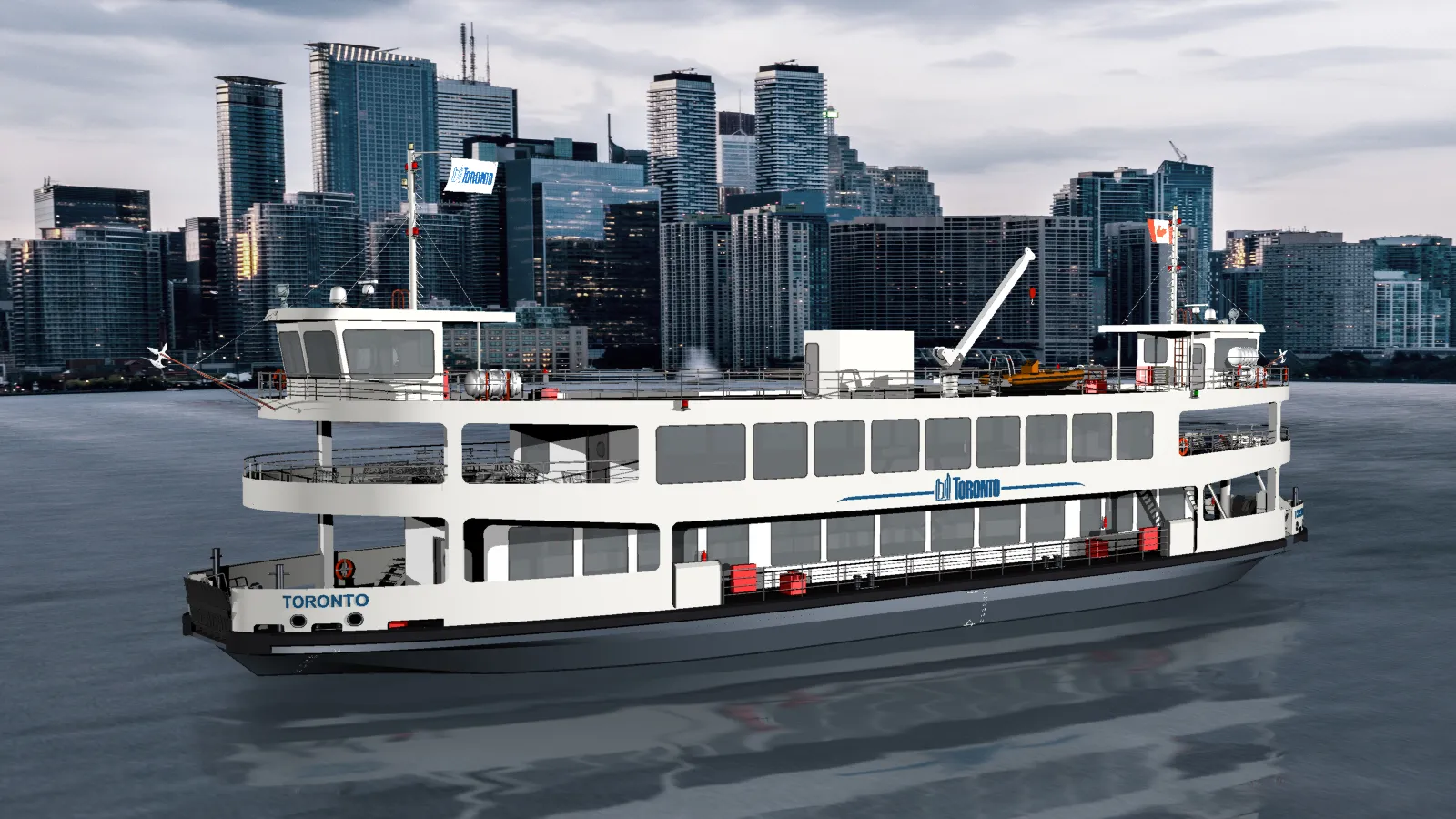The voluntary Paris deal is aimed at curbing global temperature rise to under 2 degrees Celsius. As part of a commitment to achieving this, the
Its shuttle fleet will consist of 36 electric vehicles (EVs) at JFK, Newark Liberty and LGA airports, while half the Port Authority’s light duty vehicle fleet – a total of 600-750 vehicles – will be converted to electric.
There will also be a new fast-charging hub at JFK, with 10 stations offering full recharge in 30 minutes or less.
It has also joined the Climate Group’s EV 100. “The Port Authority is sending a powerful message that the shift to electric transport is gaining unstoppable momentum,” said Amy Davidson, executive director of The Climate Group. “Switching to electric vehicles for its fleet and airport buses will lower Port Authority’s emissions and contribute to improving the quality of the air in the region – showing thousands of travellers what a clean and electric future looks like.”
This commitment – which the authority said will contribute to GHG reductions in its direct emissions equivalent to 3.6 billion tonnes of coal burned annually - flies in the face of the White House’s attitude. On 1 June last year, US president Donald Trump announced that the US was quitting the Paris accord. He famously said: “I was elected to represent the citizens of Pittsburgh, not Paris.”
Following this, 17 US states including New York and New Jersey, formed the US Climate Alliance. The Port Authority also joined the We Are Still In coalition, a national alliance formed to help uphold the Paris targets.
As well as going electric, the Port Authority of New York and New Jersey has also announced a series of other measures around energy efficiency and renewables.
“While leaders in Washington are in a state of denial about climate change, New York is leading the way forward to reduce carbon emissions and fulfil our contribution to the Paris Agreement targets,” said New York governor Andrew Cuomo. “Either we end this problem or this problem will end us, and the Port Authority’s commitment today will be a critical component of the US Climate Alliance’s global fight.”
“We are setting these interim goals in order to reduce our carbon footprint, and we will continue to search for new technology and innovative programmes that will help support our goals,” said board vice chairman James Lynford.
A report from the United Nations Intergovernmental Panel on Climate Change last month said severe environmental impacts would come more quickly than previously thought.
Port Authority of New York to go all-electric
A leading US public transportation agency has become the first in the country to embrace the Paris Climate Agreement, and will introduce an all-electric airport shuttle bus fleet.
The voluntary Paris deal is aimed at curbing global temperature rise to under 2 degrees Celsius. As part of a commitment to achieving this, the Port Authority of New York and New Jersey says it will aim to reduce greenhouse gas (GHG) emissions by 35% by 2025 – and 80% by 2050.
Its shuttle fleet will consist of 36 electric vehicl
November 2, 2018
Read time: 3 mins
A leading US public transportation agency has become the first in the country to embrace the Paris Climate Agreement, and will introduce an all-electric airport shuttle bus fleet.









